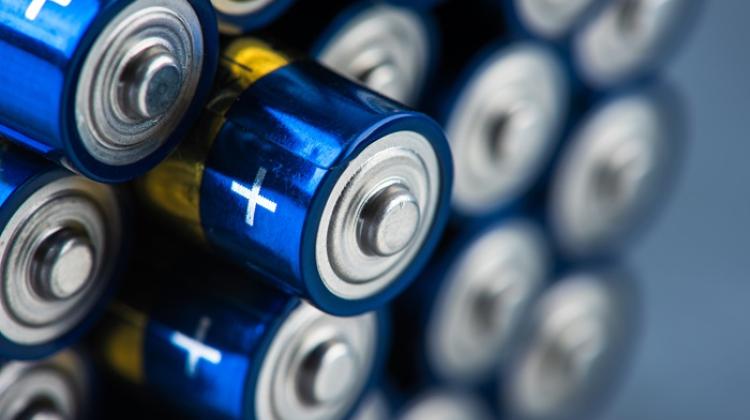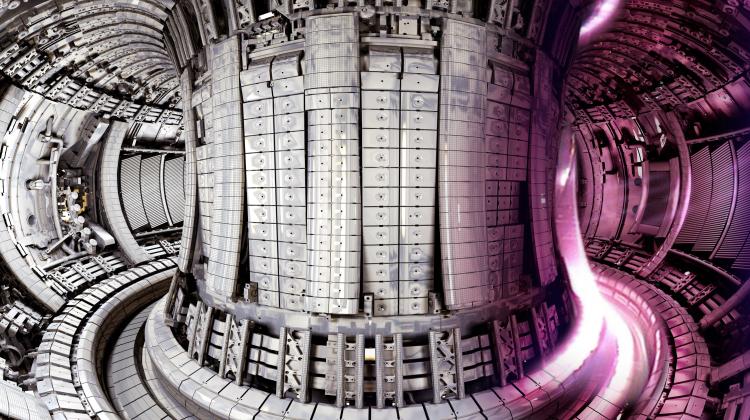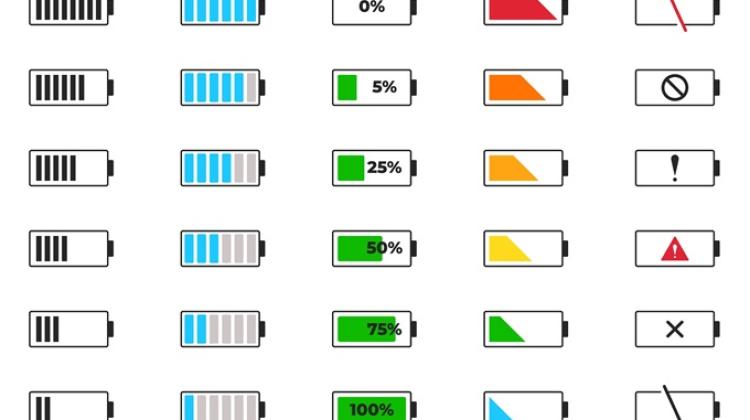Scientists use gravity storage to collect renewable energy
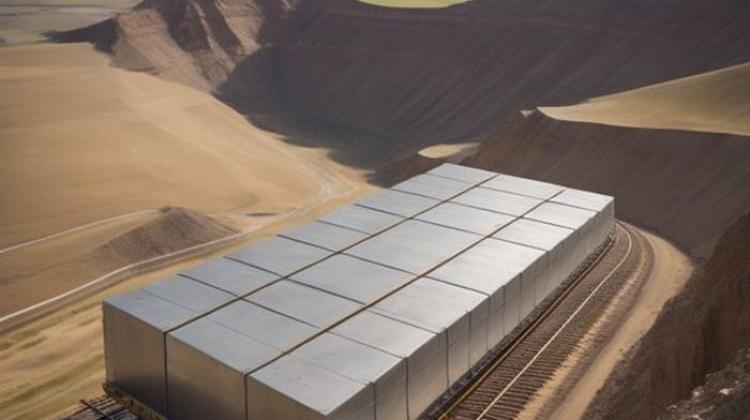 Photo from the Wrocław University of Science and Technology press release
Photo from the Wrocław University of Science and Technology press release
Scientists are investigating whether gravity storage can be used to collect energy from renewable sources. Researchers working on the project will build a pilot small-scale energy storage facility to demonstrate and verify the viability of the proposed technology.
The project 'GrEnMine - Gravitational Energy Storage in the Post-Mine Areas' is funded by the European RFCS (Research Found for Coal&Steel) programme. This is the first international research project under the RFCS programme carried out by a consortium headed by Wrocław University of Science and Technology. The head of the research team at the university is Professor Przemysław Moczko from the Faculty of Mechanical Engineering.
Renewable energy sources are crucial for energy transformation. However, the increasing importance of these sources in the production of electricity implies the need to develop new methods of energy storage.
'This is one of the most important challenges in power generation systems, which involve many different technologies. The growing share of renewable energy in the energy mix, in this case mainly wind or photovoltaic energy, makes stable operation of electricity systems difficult due to frequent shortages or surpluses of energy,’ says Professor Moczko.
He adds that for this reason, we are seeing the rapid development of various energy storage technologies aimed at ensuring the safe operation of low-carbon energy generation and distribution systems, one of them being gravity storage.
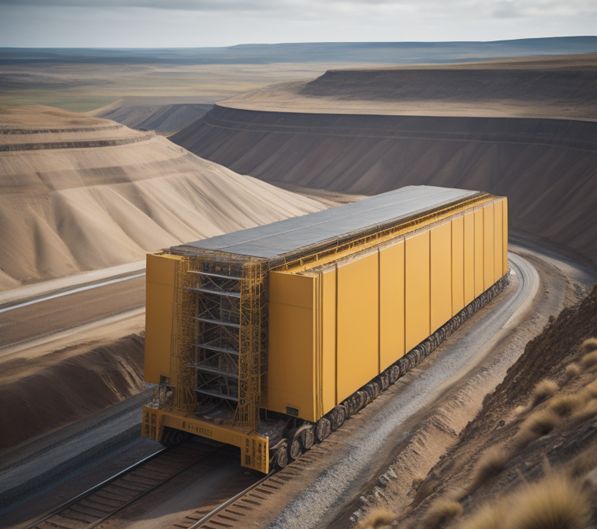
According to the university’s press release, this type of energy storage solution is a device that uses the potential energy of large masses, such as concrete blocks. One of the existing concepts involves a device resembling a crane that lifts special blocks up to 100 metres high.
'The principle of its operation, in a nutshell, is that when excess energy enters the electricity grid, the crane automatically raises the blocks, i.e. stores the energy, and when the energy is to be returned to the grid, the blocks are lowered. The element that converts the stored potential energy into electricity is a generator array with a frequency converter,’ the press release said.
As part of the 'GrEnMine' project, the researchers have proposed two energy storage technologies: RM-GES (rail-based) and CB-GES (conveyor-based), which will be developed in detail throughout the project. Also, the Turów Lignite Mine, owned by PGE Górnictwo i Energetyka Konwencjonalna S.A., will host a pilot project consisting in a small-scale energy storage facility to demonstrate and verify the viability of the proposed technology.
'We also want to identify the potential for energy storage in post-mining areas and other potentially useful sites in Poland and other parts of Europe. In doing so, we will create new prospects and propose innovative ways to develop these regions associated with conventional energy production,’ says Professor Moczko.
In addition to the Wrocław University of Science Technology, the scientific and industrial consortium includes the AGH University of Science and Technology in Kraków, Four Point sp. z o.o., Lignitorichia Achladas S.A, Oltenia Energy Complex S.A., PGE Górnictwo i Energetyka Konwencjonalna S.A., Poltegor Institute., the Institute of Underground Mining, Technical University of Crete (Greece), University of Petrosani (Romania), and the Brown Coal Research Institute (Czechia).
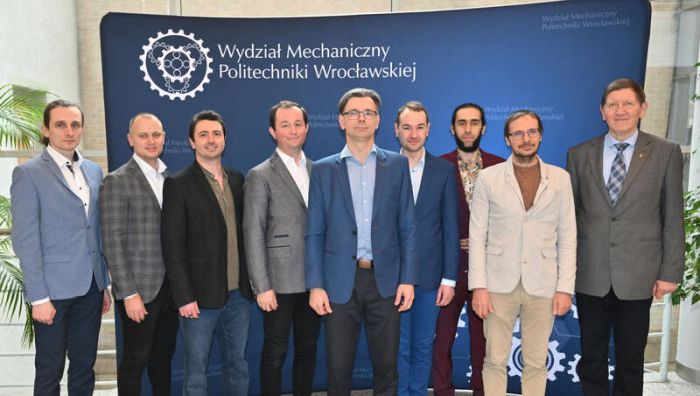
The total budget of the three-year project is over 3.5 million EUR, of which 1 million EUR will be spent on research at the Wrocław University of Science Technology. (PAP)
PAP - Science in Poland, Roman Skiba
ros/ zan/ kap/
tr. RL
Przed dodaniem komentarza prosimy o zapoznanie z Regulaminem forum serwisu Nauka w Polsce.





